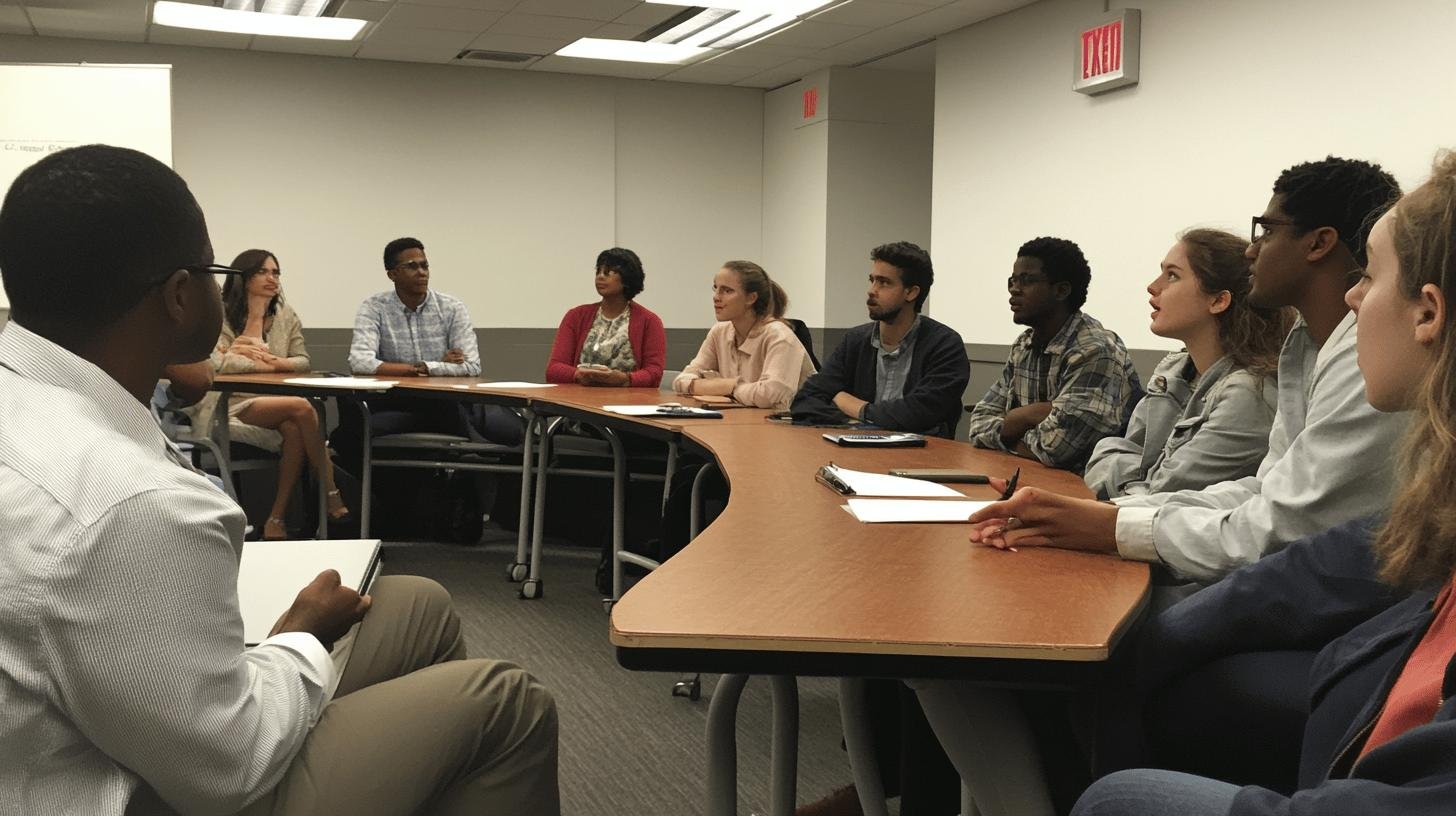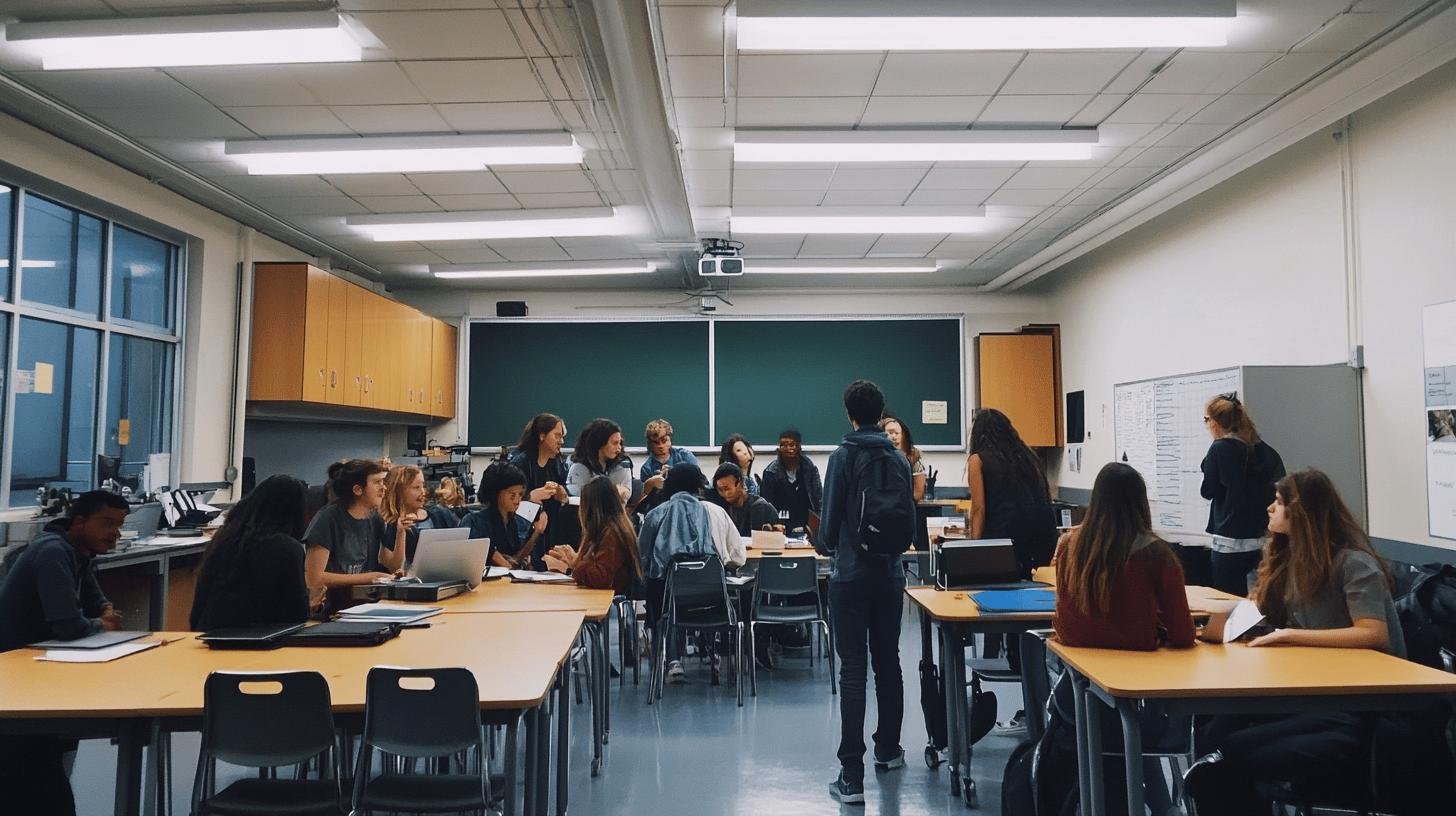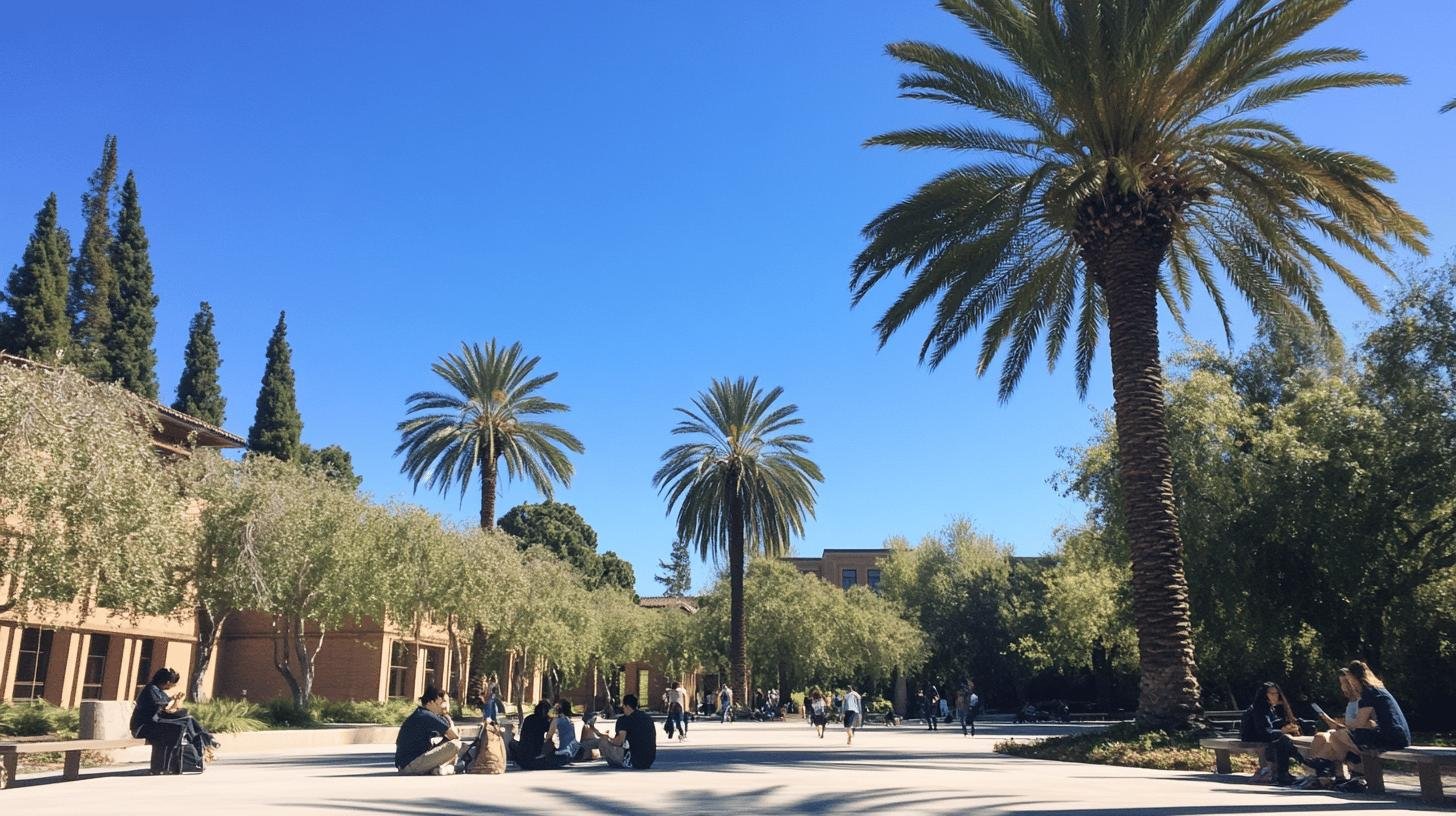TL;DR:
- Florida universities removed “Principles of Sociology” to streamline degree requirements.
- Focus on career readiness and job-specific skills; decreased emphasis on liberal arts.
- Changes aim to reduce graduation time and education costs.
- State law mandates the exclusion of “woke ideologies” from curricula.
- Faculty express concerns over loss of academic freedom and curriculum diversity.
- Students’ reactions are mixed; some fear losing a well-rounded education, while others support a streamlined approach.
- Long-term effects may include limited educational diversity and a shift away from traditional liberal arts education.
- Universities are adapting by focusing on career readiness while addressing concerns through curriculum reviews and faculty training.
Are Florida universities compromising comprehensive education by cutting general ed courses? Recently, the Florida Board of Governors decided to drop “Principles of Sociology” from the required curriculum. This decision raises many questions about the future of education in Florida. The state seems to lean toward a more streamlined approach, focusing more on career skills rather than liberal arts.
Is this a move toward efficiency, or does it mean students miss out on valuable learning experiences? This article explores the changes in educational policy and what they mean for students and educators alike.
Florida Universities Remove General Ed Courses: A Shift in Educational Policy
Why did Florida universities take “Principles of Sociology” off the general education course list? The Florida Board of Governors made this decision to streamline degree requirements. This move aims to focus on career readiness and job-specific skills over the traditional liberal arts education.
This change marks a significant shift in Florida’s education policy. It seeks to cut down the time and costs of earning a degree. Removing sociology courses highlights this shift. It may limit students’ exposure to diverse perspectives and critical thinking skills.
Key policy changes and their goals include:
- Streamlining Degree Requirements: Removing some general education courses can shorten the time needed for graduation.
- Focus on Career Readiness: Prioritizing courses that develop job-specific skills prepares students for the workforce more directly.
- Cost Reduction: Fewer general education courses could decrease education costs for students.
- Shift from Liberal Arts: Emphasizing technical and career-focused courses might limit students’ overall development.
- Impact on Curriculum Diversity: With fewer courses like sociology, students might encounter fewer varied perspectives, affecting their ability to think critically.
These changes show a move away from traditional education models, sparking debates about the purpose of university education today.
Impact on Students and Faculty: Reactions to Curriculum Changes

How are people responding to the removal of general education courses? Opinions are divided. Some see it as reducing educational depth, while others welcome the chance to concentrate on major-specific studies. Some faculty and students worry about losing educational breadth and its impacts on critical thinking. Supporters, however, believe these changes can help students join the workforce faster.
Faculty Reactions
Faculty express concerns about losing academic freedom and curriculum diversity. They argue that courses like sociology are vital for developing critical thinking and communication skills. The removal of such courses could sacrifice educational depth for career-focused training. Faculty fear this narrow focus could restrict students’ understanding of diverse perspectives and complex issues.
Student Reactions
Students have mixed feelings too. Some fear losing the well-rounded education that general education courses offer. These courses expand knowledge and help develop life skills. Yet, others see the changes as a way to streamline their education and cut debt. They appreciate this focused approach, expecting it will better prepare them for job opportunities.
| Group | Concerns |
| Faculty | Loss of academic freedom, less curriculum diversity, impact on critical thinking |
| Students | Less well-rounded education, fewer skill development opportunities, faster workforce entry |
This ongoing debate highlights the challenge of balancing educational quality with career readiness. As changes unfold, the key challenge is ensuring students receive a comprehensive education that serves both the workforce and active citizenship.
State Government Influence: The Role of Legislative Changes
Why are Florida’s public universities removing courses labeled as “woke ideologies”? A new state law requires it. Governor Ron DeSantis enacted this law to reshape educational content in state universities.
This legislation aims to exclude courses promoting certain social and political views. Critics argue it limits diverse perspectives. The law significantly impacts university curricula, aligning them with state-defined educational goals.
Key legislative measures and aims include:
- Mandate Exclusion: The law requires universities to drop courses that promote “woke” ideologies for a more uniform educational approach.
- Curriculum Realignment: Institutions must adjust offerings to meet state guidelines, potentially limiting academic freedom and diversity.
- Focus on Career Skills: The law supports shifting to career-specific courses, lessening general education content.
- State Oversight: Increased state influence ensures curricula align with legislative aims, affecting how education is delivered in public universities.
These changes emphasize the state’s role in shaping university education, stirring discussions on academic freedom and educational diversity.
Potential Long-Term Implications for Higher Education

What long-term effects may arise from removing general education courses in Florida universities? The landscape could see major shifts. Prioritizing career readiness over liberal arts might reshape many students’ educational experiences.
Focusing on career-specific skills aligns education closely with job market demands. Although this might speed up degree completion, it could limit chances to develop broad skills like critical thinking and communication, nurtured by liberal arts.
Educational stakeholders are torn, needing to balance state guidelines with comprehensive learning. There’s real worry about maintaining quality while meeting legislative demands.
Five possible outcomes of curriculum changes:
- Student Preparedness: Students might excel in specific job roles but lack a broad skill set for varied careers.
- University Missions: Institutions may focus more on producing workforce-ready graduates, moving from liberal arts roots.
- Educational Diversity: Fewer general education courses might limit exposure to diverse views, affecting engagement with complex issues.
- Curriculum Innovation: Universities could innovate by embedding critical skills in major-specific courses to preserve educational depth.
- Systemic Restructuring: Florida’s higher education system might realign to meet state career readiness goals.
These changes could redefine the meaning of a university education in Florida, steering the state toward prioritizing job readiness over broad educational foundations.
The Future of University Courses in Florida: Adapting to Change
How are Florida universities adjusting to new curriculum changes? They adjust programs to comply with laws while addressing faculty and student concerns. Administrations emphasize aligning courses with guidelines focusing on job-specific skills.
University Adaptations
Universities are making specific changes to meet these new standards. They’re employing strategies to follow state law while catering to diverse needs.
- Reevaluating course offerings to focus on career readiness.
- Integrating critical skills, like thinking, into major courses.
- Encouraging faculty to innovate teaching methods aligned with state guidelines.
- Creating cross-disciplinary courses to maintain a balance between specialized and broad learning.
- Engaging with employers to align curricula with job needs.
- Increasing dialogue with faculty and students for feedback.
Future Planning
How are universities maintaining educational quality? They’re adopting strategies to ensure students receive a well-rounded education despite the changes.
- Curriculum Reviews: Regular curriculum checks ensure compliance with educational and state standards.
- Professional Development: Expanding faculty training programs helps educators meet new teaching demands.
- Student Support Services: Enhanced services help students navigate the new education landscape.
- Feedback Mechanisms: Robust feedback systems continually assess changes’ impact on educational quality.
- Collaborative Partnerships: Schools work with external groups to enrich learning while aligning with job market needs.
- Flexible Learning Options: Providing more online and hybrid courses to cater to diverse student needs.
Florida universities aim to balance state guidelines with comprehensive educational experiences.
Final Words
Florida universities have made a significant shift by removing general education courses. This change reflects the state’s push for career-focused learning over liberal arts education.
While the removal of courses like “Principles of Sociology” has sparked diverse opinions, there is concern about losing a well-rounded education. The government’s stance may seem beneficial, but many worry about the impact on students’ broader learning experiences.
As Florida’s education policy evolves, universities strive to adapt while maintaining educational standards.
FAQ
Why are Florida universities removing general education courses?
Florida universities are cutting courses like “Principles of Sociology” to streamline degree requirements and focus on career readiness.
How have curriculum changes impacted students and faculty?
Students and faculty have mixed feelings. Some fear losing a well-rounded education, while others welcome the focus on major-specific studies.
What are faculty reactions to the curriculum changes in Florida?
Faculty are concerned about losing academic freedom and curriculum diversity. They argue that removing general ed courses limits exposure to diverse ideas.
What do students think about Florida’s new education policy?
Students are divided. Some see it as a way to focus on their majors, while others worry about missing out on broader learning experiences.
How has the state government influenced the curriculum changes?
Governor DeSantis introduced a law to exclude courses promoting certain social or political views, impacting public university course offerings.
What are the potential long-term effects of these changes on higher education?
Long-term, Florida’s education may emphasize career readiness over liberal arts, altering student preparedness and university missions.
How are Florida universities adapting to the new curriculum requirements?
Universities are revising programs to fit state laws while addressing concerns from faculty and students, focusing on job-specific skills.
What strategies are Florida universities using for future planning?
They align programs with state guidelines, incorporate job-specific skills, maintain educational integrity, and engage stakeholders in planning discussions.

